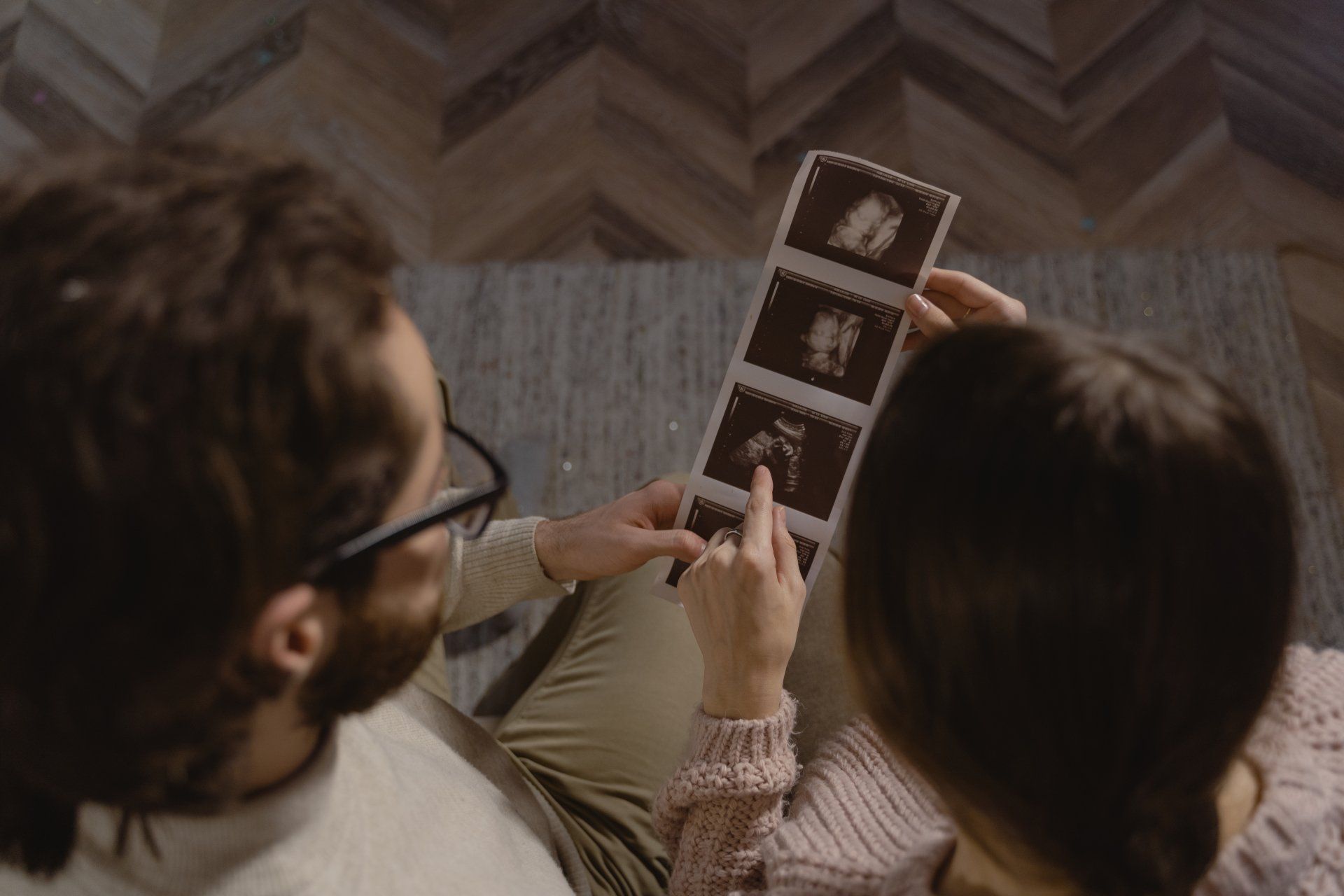ADOPTION & ART ATTORNEYS IN MARYLAND, DISTRICT OF COLUMBIA & VIRGINIA

ADOPTIVE FAMILY SERVICES
Surrogate and Gestational Carrier
Button
We have over a decade of experience representing and guiding women through the surrogacy process.
Our attorneys have extensive experience representing gestational carriers throughout the DMV area.
Surrogacy and Gestational Carrier Services in Maryland, Virginia and Washington, DC
Becoming a surrogate or a gestational carrier is a major decision. admiration and respect for women who are willing to help a hopeful parent’s dream come true is what makes us so passionate about representing gestational carriers in the surrogacy process. The following guides share important information about surrogacy and how we can help you in the process.

Surrogacy
Surrogacy is a form of assisted reproductive technology and involves a woman who carries a child through a pregnancy for another individual or couple.
In traditional surrogacy, the woman carrying the fetus also supplies the egg to create the pregnancy. The pregnancy often results from
artificial insemination ("AI") using a known sperm donor or unknown sperm donor. In many jurisdictions, traditional surrogacy is prohibited or treated as an adoption since the surrogate is also the biological mother. Traditional surrogates should not be compensated since doing so violates the laws in a majority of jurisdictions.
In contrast, gestational surrogacy results from
in vitro fertilization. A Gestational surrogate is not the biological mother of the child as she does not provide the egg. Instead, the egg is provided by an egg donor or by the intended mother. The egg is fertilized by donor sperm or by the intended father through the process of in vitro fertilization. The fertilized egg is grown into an embryo and then implanted into the gestational surrogate.
Gestational Carriers
Building your family through the use of a Gestational Surrogate and/or Egg or Sperm Donor is complicated. Once potential candidates have been identified, the process of ensuring they qualify medically and psychologically can be time-consuming and expensive. You must have lawyers and medical professionals to assist you in this process.
The serious nature of the legal rights spelled out in a gestational surrogacy, egg donor or sperm donor agreement necessitates the participation of trained and licensed professionals. You should only proceed after you have drafted a reasonably detailed agreement, which delineates the rights and responsibilities of the intended parents and the surrogate and clearly stipulates which state laws will apply. It is only through this process that the parties involved can have confidence in the reduction of any potential legal conflict. This

allows everyone involved to enjoy the pregnancy and hopefully develop a close supportive relationship with the surrogate.
In Maryland, there are no statutes governing surrogacy. There is an evolving body of legal precedent that recognizes the intended parents as the legal parents, and the courts follow this precedent to order that the birth certificate be amended to reflect the child's parents. The Maryland courts will consider if there is a sufficient nexus to Maryland to allow jurisdiction to apply Maryland law. When Maryland has jurisdiction, the court will issue birth orders both pre-birth and post-birth (if necessary) so that the gestational carrier is not listed as the parent of the child.
Virginia statutes provide a legal method for obtaining a pre-birth order, which allows placement of the name(s) of the intended parent(s) on the original birth certificate. However, the pre-birth order process is intrusive and expensive, especially because it requires that a home study and much of the process be completed prior to embryo transfer. The more common process for surrogate mother arrangements in Virginia involves two basic steps: First is entering into a contract governed by Virginia law prior to the assisted reproductive technology procedure (artificial insemination or in vitro placement). Second is having the birth certificate amended after the birth of the child. This two-step process is relatively simple and can be done as long as the child is born in Virginia and at least one intended parent is genetically related to the child. The birth certificate amendment paperwork cannot be signed until 72 hours after the birth of the child. For children born outside of Virginia, a court order is required and the process is more involved but can be accomplished via an order of parentage.
In the District of Columbia, surrogacy is allowed as of April 7, 2017. The law is comprehensive and allows for pre-birth and post birth court orders in surrogacy matters. The full statute can be found under the Collaborative Reproduction Amendment Act of 2016. Jennifer is one of the attorneys who assisted in the drafting of the bill and worked towards its passage for the last several years.
Our attorneys have long represented gestational carriers and intended parents. They work closely with each client, providing direct,hands-on, client-centered services. If you are looking for a gestational carrier, call us to discuss your options.

Traditional Surrogacy
In a traditional surrogacy, the intended parent(s) must file an adoption petition to terminate the parental rights of the surrogate who is the biological mother of the child. Traditional surrogacy is not used frequently because the surrogate is the child’s legal parent, which increases risks and legal issues. As the child's biological mother, the traditional surrogate can assert her parentage and refuse to place the child for adoption. In such a case, the surrogacy agreement will not be enforced. In Maryland there is an attorney general opinion indicating that compensation to a traditional surrogate violates baby selling laws. This opinion clarifies that adoption is necessary after the birth of a traditional surrogate's child, and the adoption will only be granted if the court finds it in the best interest of the child. Thus, traditional surrogacy entails legal, financial and emotional risks the parties must be willing to accept.
Maryland is a surrogacy-friendly state with no statutory guidance.
Virginia has a comprehensive surrogacy statute.
District of Columbia has a comprehensive surrogacy statute.
Click Here to view a Surrogacy Map across the country.
“We believe in working with each of our clients—in support of their family dynamic—to make the dreams of parenthood a reality. Whether you are single or married; or gay; a step-parent, a surrogate or intended parent or a child of adoption, it is our mission to serve as your advocate. With a dedication to the ethical and sensitive nature of each situation, we will help you understand the laws within Maryland , Virginia and Washington, DC for adoption or surrogacy, and pledge to be your partner throughout the journey.”
- Modern Family Formation Law Offices
CONTACT
All Rights Reserved | privacy policy

